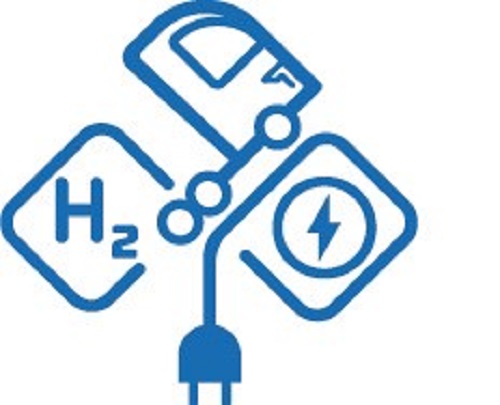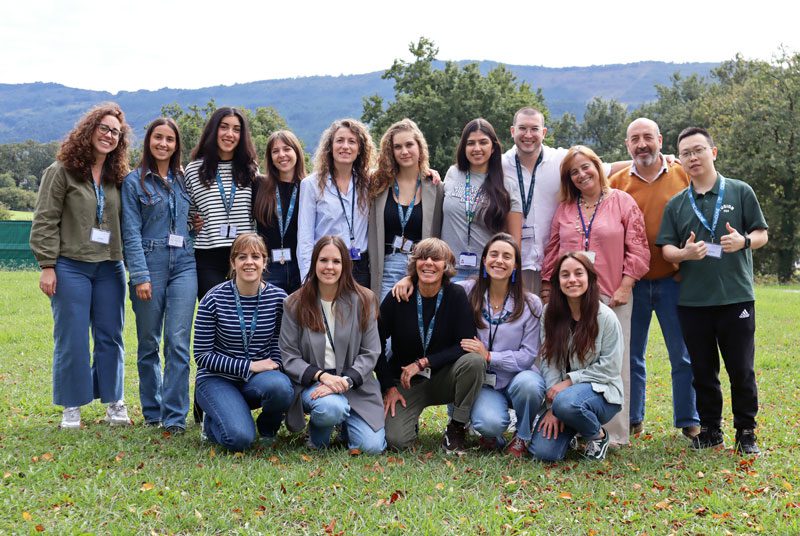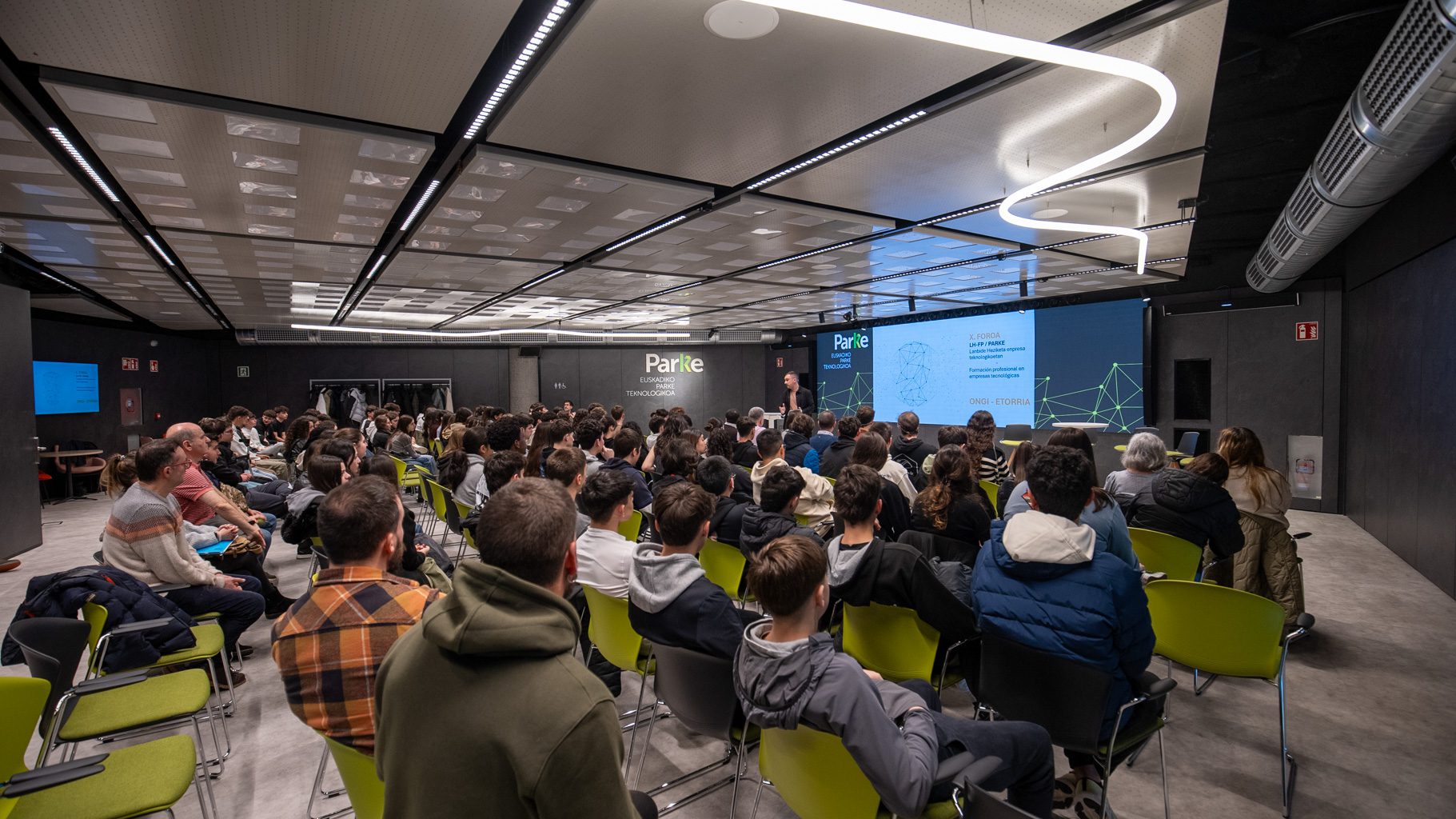EMPOWER project begins: development of two zero-emission trucks

CIDETEC Energy Storage will work on the batteries for these heavy vehicles, with a range of up to 750 km and which are expected to be marketable in 2029.
 As part of the European Union’s strategy to electrify our road transport network, the European research project EMPOWER (Eco-operated, Modular, highly efficient, and flexible multi-POWERtrain for long-haul heavy-duty vehicles), in which CIDETEC Energy Storage is participating, has begun. Over the next four years, two flexible, modular and scalable heavy-duty vehicles will be developed, powered by a zero-emission electric propulsion system and with a total weight of at least 40 tonnes.
As part of the European Union’s strategy to electrify our road transport network, the European research project EMPOWER (Eco-operated, Modular, highly efficient, and flexible multi-POWERtrain for long-haul heavy-duty vehicles), in which CIDETEC Energy Storage is participating, has begun. Over the next four years, two flexible, modular and scalable heavy-duty vehicles will be developed, powered by a zero-emission electric propulsion system and with a total weight of at least 40 tonnes.
One of the trucks will be powered by a fuel cell system and will achieve a range of 750 km. The other, powered solely by batteries, will be able to travel up to 400 km on a single charge. The battery-electric truck is intended for use in regional distribution, while the hydrogen-powered truck is intended for long-haul journeys.
In addition, the range and performance of the two trucks will be demonstrated in five different use cases, with a variety of scenarios and distances, including cross-border corridors between different EU member states. The modular and scalable EMPOWER technology can be transferred to the VECTO 4, 5 and 10 vehicle groups, and is designed to achieve by 2030 the same total cost of operation as the conventional diesel reference truck by 2020, with a production volume of more than 10,000 vehicles/year.
The project launch meeting took place recently at the AIT headquarters in Vienna, attended by representatives of the 14 project partners, including CIDETEC Energy Storage. With a budget of around 18 million euros, the two vehicles are expected to be delivered with a TRL 8 maturity level at the end of the project at the end of 2026 and are expected to start being commercialised in 2029.
CIDETEC Energy Storage, as an expert partner in battery development, will contribute in:
Offering technical support to the balance of plant, especially in relation to the battery.
Offering technical support to the modelling and simulation of batteries by means of CFD (computational fluid dynamics) analysis.
Develop BMS functionalities aimed at improving battery utilisation.
Conduct battery testing at cell, module and battery pack level, including the battery management system or BMS, along with ageing and HIL (hardware in the loop) configuration testing.
Optimise the control of driving assistance for optimal battery operation during driving.
Analyse the suitability of any charging operation prioritising cost, performance and availability.
Contribute to charging and driving strategies incorporating the medium and long term consequences on the battery.




